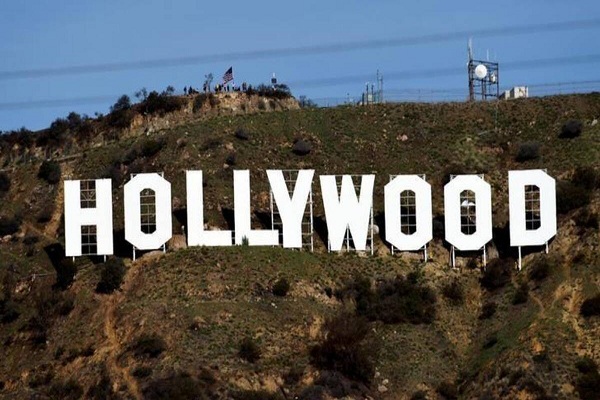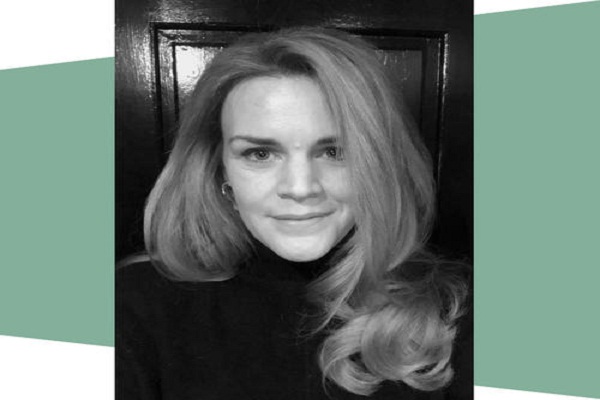Hollywood Does Not Believe There Is A Marketplace for Films about Islam: Scholar

“… also – the history of Hollywood is intimately bound up with the Jewish immigrants who made films and the Christian institutions who acted as censors and gatekeepers. Traditionally Islam also has a very different relationship to the visible and the visual, what can be shown and what can’t,” Catherine Wheatley, told IQNA in an interview.
Ms. Wheatley is a lecturer in film studies at King’s College London.
Following is the text of the interview:
IQNA: Throughout the history of world cinema, we have seen films about philosophical and spiritual concepts. What is the reason that the tendency towards this type of cinema has decreased today?
Wheatley: I’m not sure that the tendency for this sort of film has decreased today. In the Western, Judeo-Christian context, filmmakers such as Martin Scorsese, Terrence Malick, Paul Schrader continue to make films that we might deem to be continuous with Schrader’s notion of transcendental film.
We might also think of the work of, say, Carlos Reygadas, Bruno Dumont, the Dardenne Brothers, John Michael McDonagh, Stephen Cone – and these are just the filmmakers working with very overt spiritual or religious themes. Religiosity and the search for meaning is a recurring trope in a great number of contemporary works.
A recent book by Mark Cauchi and John Caruana, “Immanent Frames: Postsecular Cinema”, does a really excellent job of sketching in the contemporary state of post-secularity, in which religion continues to hold sway in the cultural and personal realm, even as it becomes increasingly divorced from institutional politics, and the ways in which this is reflected in recent films. I highly recommend it.

IQNA: Do you think films with religious themes can still attract viewers around the world?
Wheatley: Absolutely. You only have to look at the popularity of Tyler Perry’s films, or the grassroots work of Alex Kendrick, which makes a tremendous amount of money, to see how substantial the appetite for evangelical Christian filmmaking in the USA, for example.
There’s an argument to be made, too, that the highest grossing films in the world – the Marvel franchise movies – are highly spiritual, in terms of their thematization of good and evil, community and belonging, faith and salvation.
The film director Dietrich Bruggeman, who made Stations of the Cross, has described a sense of spiritual hunger amongst modern audiences. I think that’s right. It finds outlets in sports fandom, and yoga, and self-care, and clean-eating, and other practices, but also in film-going and spectatorship.
Also I think there’s a curiosity about what it looks and feels like to be religious: both culturally (as in the case of An American Pickle’s depiction of Jewishness, for example) and spiritually. That can tip into a kind of morbid fascination with extremism too – one reason among others perhaps for the success of Rose Glass’s Saint Maud.
IQNA: In the history of cinema, we have seen many films made in Hollywood about Judaism, Christianity and characters related to these religions. What is the reason that a significant film about Islam and Islamic personalities has not been made in Hollywood despite their dramatic features?
Wheatley: I’m not sure I have an easy answer to that question. The obvious response would be that Hollywood – which is a capitalist industry – does not believe there is a marketplace for such a film, or at least one sufficiently large enough to merit the investment. But also – the history of Hollywood is intimately bound up with the Jewish immigrants who made films and the Christian institutions who acted as censors and gatekeepers. Traditionally Islam also has a very different relationship to the visible and the visual, what can be shown and what can’t. I think to find an answer to this you’d have to look at the history of America itself, and at the intersection of immigration, politics, and regimes of the visible!
IQNA: In Hollywood and in Western cinema in general, Islamic and Muslim characters are portrayed in a stereotypical and negative way. What is the reason for this?
Wheatley: Again, there’s a long and complex political history behind the images you’re discussing. Obviously recent images of Islam on screen, by which I mean images from the last 25 years, are heavily informed by the discourse surrounding 9/11 and the War on Terror. For more on this subject, I’d advise taking a look at the website The Riz Test - https://www.riztest.com/.
Its founders, Sadia Habib and Shaf Choudry, set up the project as part of an attempt to answer this question, and to change the conversation around and representation of Muslims on screen. Inspired by the Bechdel test, (which challenges viewers to consider the way women are represented in whatever they happen to be watching) and Riz Ahmed’s speech, Habib and Choudry use five points to measure the depiction of Muslims in films and TV shows.
Any film with at least one identifiably Muslim character can be put to the test. The test asks, is the character:
- Talking about, the victim of, or the perpetrator of terrorism?
- Presented as irrationally angry?
- Presented as superstitious, culturally backwards or anti-modern?
- Presented as a threat to a Western way of life?
- If the character is male, is he presented as misogynistic? or if female, is she presented as oppressed by her male counterparts?
If the answer to any of the above questions is yes, the film has failed the test.
One of the interesting things to emerge from the test is that often even supposedly sympathetic portrayals of Muslims that set out to challenge stereotypes of what Jack Shaheen calls “the Evil Arab” fail the test, because they fall back on one of these types. It’s so rare to see Islam shown as something natural or unproblematic.
IQNA: How do you see the future of world religious cinema?
Wheatley: We live in a society which is often described as post-religious but within which religion circulates globally. And the more we come into contact with different backgrounds and cultures the more we are perhaps asked to reflect on our own traditions and beliefs. This is true for filmmakers and audiences alike.
I’ve said that I don’t believe that religious cinema is in abeyance; I also think that filmmakers will continue to treat spiritual and religious themes, and that there will be an audience for them. The future of religious cinema though will be bound up with the future of cinema more broadly.
The pandemic has had a really significant effect on exhibition and viewing practices, and home viewing and streaming are a threat to collective viewing. I think that matters, in terms of religious of film, because there is something about being surrounded by other people, watching together as a group, that mimics religious structures or rituals. There’s a sense of communion.
As viewing becomes more atomized and isolated that group dynamic will shift. That’s not necessarily a bad thing – I’m hesitant to place forms of film consumption in a hierarchy – but it will be a different thing.
Interview by Mohammad Hassan Goodarzi
 Most Commented
Most Commented 


